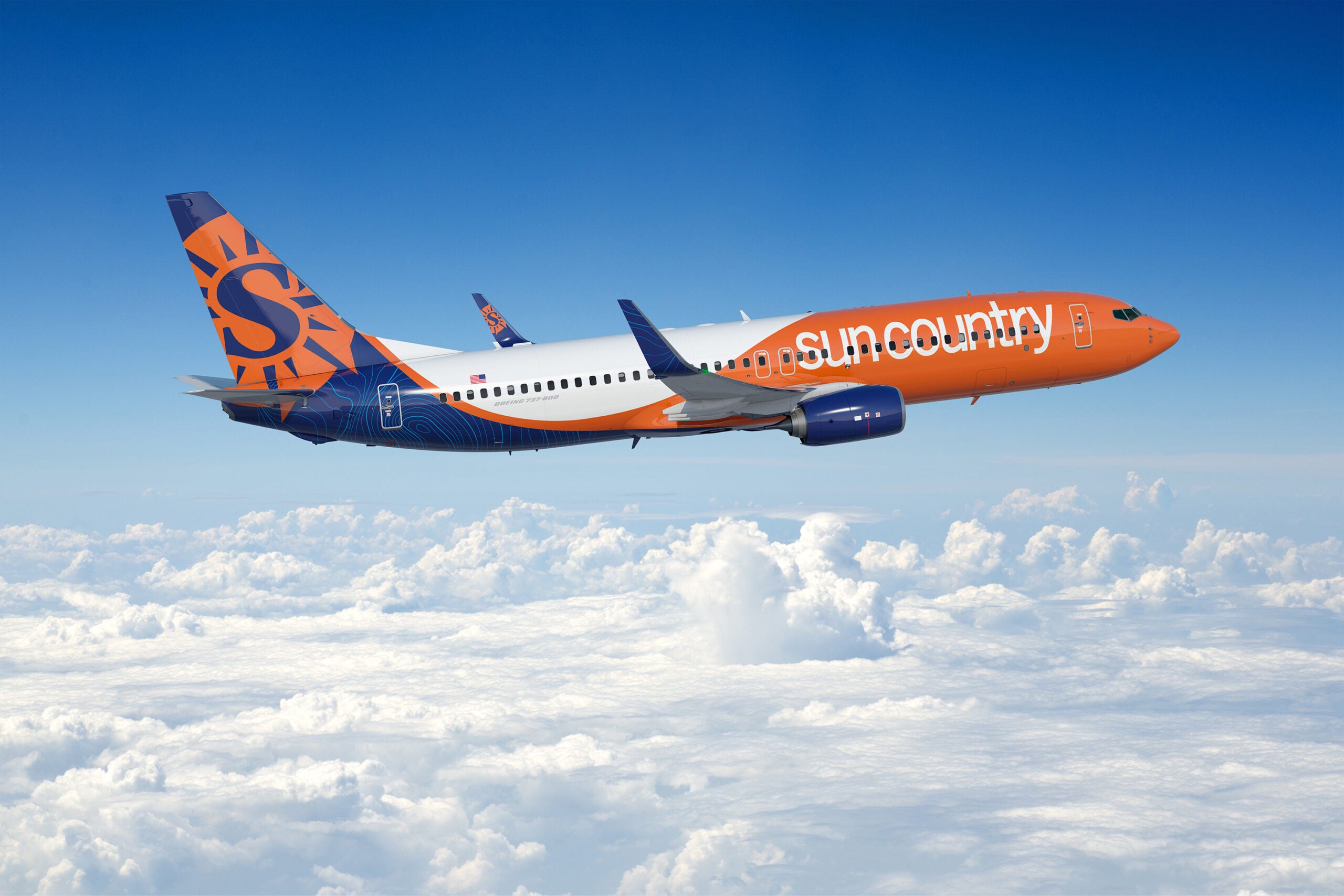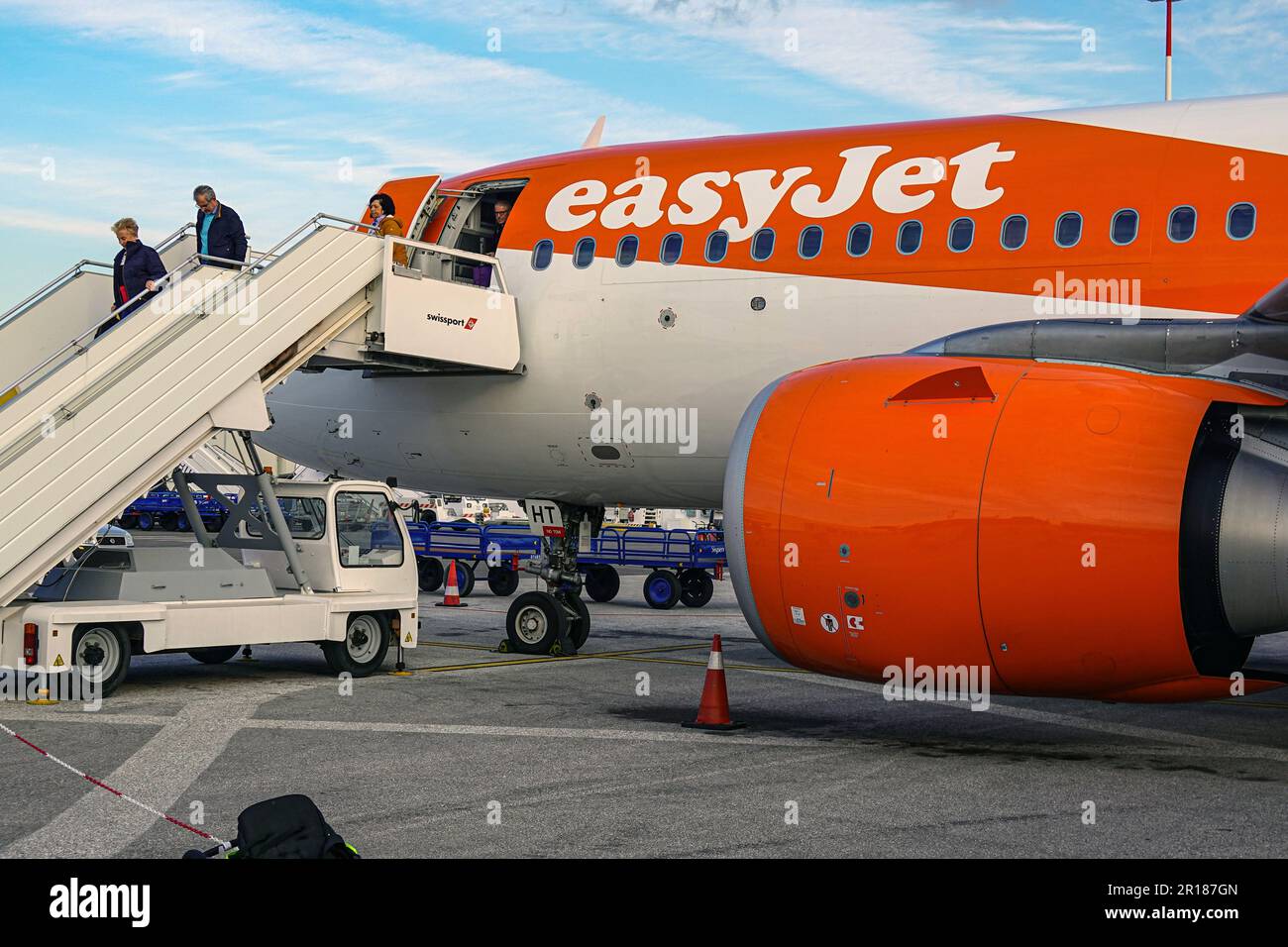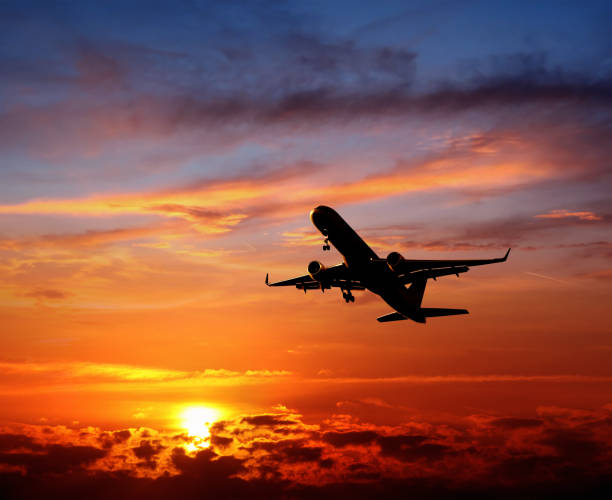When you think about the airline world, perhaps you picture busy airports, sleek planes, or the excitement of booking low fares to destinations around the globe. It's a vast and rather complex system, truly. Yet, behind every smooth flight or every deal you find on sites like aa.com or Expedia, there are countless people working hard. So, what happens when someone's time with an airline comes to an end, specifically through an airline firing? This can be a really tough situation for anyone involved, as you might imagine.
The idea of an airline firing can bring up many questions. Is that about performance? Is it about big company changes? It's a topic that touches on job security, employee rights, and the overall health of the aviation business. We're going to look closely at what can lead to such a decision, the steps involved, and what someone might do if they find themselves in this spot. It’s pretty important to understand these things, especially if you work in or care about the industry, you know?
This article aims to give you a clear picture of airline firing. We'll explore the reasons, the typical processes, and what comes next for those affected. You'll find out about common questions people have, and how the industry’s need for things like precise operations, like those using multiphysics simulation for aircraft design, sometimes links to job roles. We'll also touch on how you might protect your career in this fast-moving field, as a matter of fact.
Table of Contents
- What Leads to an Airline Firing?
- The Process of an Airline Firing
- What to Do After an Airline Firing
- Protecting Your Career in the Airline World
- Frequently Asked Questions About Airline Firings
What Leads to an Airline Firing?
There are many reasons why an airline might decide to let an employee go. It's usually not a simple decision, you know. These reasons can range from individual actions to larger company circumstances, really.
Performance and Policy Breaches
Sometimes, an airline firing happens because of how someone performs their job. This might mean they aren't meeting the expected standards for their role, perhaps. Or, it could be that they've broken company rules, which is a serious thing for any business. For example, if an agent handling customer support, like those at Air France, doesn't meet the care and urgency standards, that could be an issue. Similarly, if someone responsible for tracking bags or checking flight status makes too many mistakes, it might lead to problems.
A company's policies are there for a reason, you see. They keep things running smoothly and fairly for everyone. When someone acts against these rules, especially in a field where safety and precision are so important, like in aerospace, there can be serious consequences. This includes things like misusing company resources or not following proper check-in procedures, so.
Economic Shifts and Restructuring
The airline business can be quite sensitive to economic changes. When times are tough, or when travel demand drops, airlines might need to make big adjustments. This often means reducing costs, and sometimes that includes reducing the number of people they employ. It's not about individual performance in these cases, but rather about the company's need to stay in business. This is a very common reason for job changes across many industries, actually.
Airlines might also go through restructuring, which is like reorganizing how the company works. This could happen after a merger, or when they decide to focus on different routes or services. When this happens, some jobs might no longer be needed, even if the employees were doing a great job. It's a difficult part of business, to be honest.
Safety and Security Concerns
Safety is the absolute top priority for any airline, without question. If an employee's actions, or lack of action, put safety at risk, that can very quickly lead to an airline firing. This applies to everyone, from the pilots flying the planes to the ground crew preparing them. The industry spends a lot of time and effort on things like multiphysics simulation for aircraft lightning protection, showing how serious they are about safety. Any deviation from these strict safety protocols can be a serious matter.
Security is also incredibly important, you know. Any breach of security protocols, whether intentional or accidental, can have severe consequences. Airlines must follow very strict government rules to keep everyone safe. If an employee doesn't follow these rules, it could lead to immediate dismissal, pretty much. It’s all about protecting passengers and staff, after all.
The Process of an Airline Firing
An airline firing isn't usually a sudden event without warning. There's often a set process that companies follow. This process aims to be fair and to make sure all rules are followed, so.
Investigation and Due Process
Before an airline firing happens, there's typically an investigation. This means the company looks into the situation to gather all the facts. They might talk to the employee, other staff members, and look at any relevant documents or records. This is to make sure they have a full picture of what happened. It's a way to ensure fairness, more or less.
During this time, the employee usually has a chance to tell their side of the story. This is part of what's called "due process." It's about giving everyone a fair hearing before a big decision is made. The airline might even put the employee on leave while the investigation is going on, as a matter of fact.
Notification and Severance
If the decision is made to proceed with an airline firing, the employee will be officially told. This notification usually comes from a manager or someone from human resources. They'll explain the reasons for the decision. Sometimes, depending on the company's policies and local laws, an employee might receive severance pay. This is money given to help them during the transition period. It's not always offered, but it can be a part of the package, you know.
The terms of severance can vary greatly. It might depend on how long the person worked for the airline, their role, and the specific reasons for the firing. This is something that employees should try to understand fully when it's offered. It’s a way to provide some support after a job loss, really.
Impact on Employee Benefits
An airline firing can also affect an employee's benefits. Things like health insurance, retirement plans, and travel perks (like earning miles on every trip, similar to an AAdvantage member) can change or stop. It's very important for anyone in this situation to understand what happens to their benefits. They should ask clear questions about when these benefits end and what options they have for continuing coverage, perhaps.
Sometimes, there are options like COBRA for health insurance, but these usually come with a cost. Retirement accounts, like 401(k)s, might need to be rolled over or managed differently. Understanding these changes is a big part of dealing with an airline firing, honestly. It’s a lot to sort out, you see.
What to Do After an Airline Firing
Losing a job, especially an airline firing, can feel really unsettling. However, there are important steps you can take to manage the situation and move forward. It’s about taking control of what you can, you know?
Understanding Your Rights
First, it's a good idea to know your legal rights. Employment laws can vary depending on where you live and the specific circumstances of the airline firing. Sometimes, there are rules about fair treatment, and if you feel your dismissal was unjust or discriminatory, you might have options. You could look up resources from government labor departments or consult with a legal professional to understand your specific situation. This is a very important first step for many people. Learn more about employee rights when a job ends.
It's also helpful to review any employment contracts or company handbooks you might have received. These documents often outline the terms of employment and dismissal. Knowing what was agreed upon can help you figure out your next moves. It's about being informed, basically.
Seeking New Opportunities
After an airline firing, the next step is often to start looking for new work. The airline industry is vast, offering many different kinds of jobs, from customer service to technical roles involving aerospace engineering. You can use sites like Kayak or Google Flights to understand the scale of the industry, which hints at the many job possibilities. Think about your skills and what you enjoy doing. Maybe you're great at helping people, or perhaps you have a knack for the detailed work involved in flight operations. There are often roles that align with these strengths. You can learn more about career growth on our site.
Consider expanding your search beyond just other airlines. Your skills, whether it's managing complex schedules or providing top-notch customer support, are often transferable to other industries. Update your resume, practice for interviews, and start reaching out to your network. It’s a fresh start, in a way.
Learning from the Experience
Every experience, even a tough one like an airline firing, can offer lessons. Take some time to think about what happened. Was there something you could have done differently? Were there skills you could improve? This isn't about blaming yourself, but rather about personal growth. It's an opportunity to reflect and grow, honestly.
This reflection can help you prepare for future roles. It can also make you stronger and more resilient. The aviation industry, with its constant innovation like nature-inspired flight development, is always changing. Learning to adapt and grow from challenges is a very valuable trait for anyone working in this field, or really, any field. You can link to this page for more job search tips.
Protecting Your Career in the Airline World
While an airline firing can happen for many reasons, there are steps you can take to make your career in the airline world as secure as possible. It's about being proactive, you know.
Staying Updated on Industry Changes
The airline business is always moving. New technologies, changes in travel trends, and economic shifts happen all the time. For example, the way we find cheap flights on Kayak or track prices on Google Flights is always evolving. Keeping up with these changes is really important. Read industry news, follow airline announcements, and understand what's happening in the broader travel market. This knowledge can help you see where the industry is headed and how your role might fit in, or where new opportunities might appear, perhaps.
Being aware of these shifts can help you adapt. If you know certain areas are growing, you might focus on gaining skills in those areas. If you see parts of the industry slowing down, you can start thinking about how to adjust your career path. It's about staying ahead, pretty much.
Continuous Learning and Skill Development
Never stop learning, that's a key piece of advice for any career. For airline professionals, this could mean taking courses to improve your customer service skills, learning new software, or even getting certifications related to safety or operations. The aerospace field, for instance, often uses advanced tools like Comsol Multiphysics for simulation and design. Learning about such tools, even if not directly using them, shows a commitment to growth. It makes you a more valuable employee, honestly.
Developing new skills makes you more adaptable. If your current role changes or becomes less common, having a broader set of abilities can open doors to other positions within the airline or in related industries. It’s a bit like staying flexible with travel dates to find cheap flights; flexibility in your skills can help your career too, you see.
Building a Strong Professional Network
Connecting with other people in the airline industry is incredibly helpful. This means going to industry events, joining professional groups, and staying in touch with former colleagues. These connections can provide valuable insights, advice, and even leads for new jobs. When you're looking for work, or just trying to understand the industry better, having people you can talk to makes a big difference. It's about building relationships, basically.
A strong network can be a safety net, too. If an airline firing happens, your network might be the first place you hear about new openings or get recommendations. It's a way to support each other in a sometimes unpredictable field, as a matter of fact.
Frequently Asked Questions About Airline Firings
Here are some common questions people have about airline firings, based on what others often ask.
Why do airlines fire employees?
Airlines fire employees for several reasons, typically. These can include not meeting job performance expectations, breaking company rules, or serious safety and security concerns. Sometimes, it’s also due to larger company changes like economic downturns or restructuring, which means job roles might disappear, you know.
Can you get fired from an airline for social media activity?
Yes, you can get fired from an airline for social media activity. Many companies, including airlines, have policies about employee conduct online. If your social media posts violate these policies, share confidential information, or negatively affect the airline's public image, it could lead to an airline firing. It's really important to be careful about what you share online, pretty much.
What happens if an airline employee is caught stealing?
If an airline employee is caught stealing, it almost certainly leads to immediate dismissal. Stealing is a serious breach of trust and company policy, and it can also involve legal consequences. Airlines have strict rules against theft to protect their assets and maintain security, so. This kind of behavior is not tolerated, honestly.
The world of airline jobs, like any other, has its ups and downs. Understanding the reasons behind an airline firing, the process involved, and what steps to take afterward can help you feel more prepared. By focusing on continuous learning, building connections, and staying informed about the industry, you can work towards a more stable and fulfilling career in the skies. It's about being ready for what comes next, you see.



